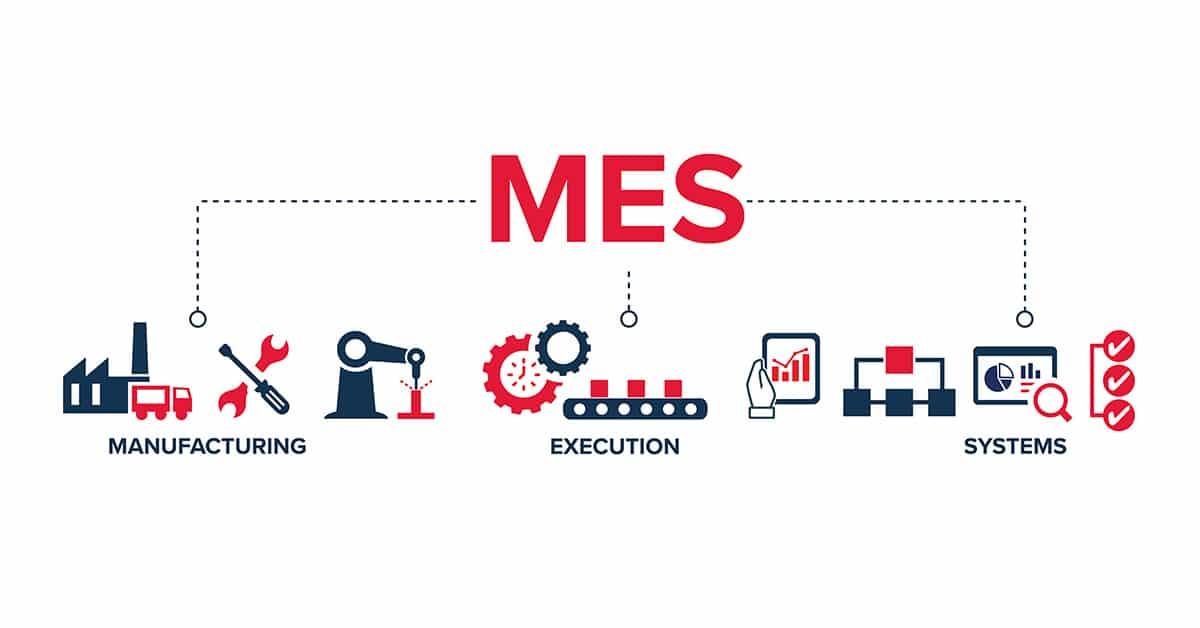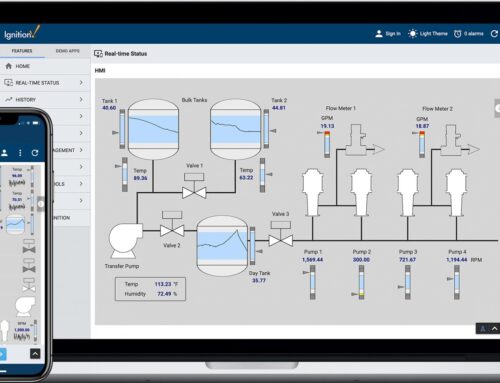Introduction: MES Integration with Weigh Scales and Sorting Systems
In today’s increasingly automated manufacturing and recycling environments,the integration of Manufacturing Execution Systems (MES) with weigh scales and sorting systems has become a pivotal factor in enhancing operational efficiency,ensuring quality control,and achieving environmental sustainability. The ability to accurately monitor and manage production metrics in real-time is essential for optimizing processes and data flow across multi-disciplinary teams.
This article explores the integration of MES with weigh scales and sorting systems, offering insights into how this synergy can drive significant improvements in operational performance.
Key Benefits of MES Integration:
- Real-time Data Acquisition: Combining weigh scales and sorting systems with MES allows for immediate data collection and feedback, empowering managers to make informed decisions swiftly.
- Improved Accuracy: Automating the weigh and sort processes minimizes human error,enhancing the accuracy of batching materials and ensuring compliance with specifications.
- Efficient Resource Utilization: Real-time tracking enables precise monitoring of material flows, optimizing resource allocation and reducing waste.
- Enhanced Visibility: MES integrated with weigh scales provides thorough insights into production metrics,helping organizations to visualize and analyze data trends over time.
- Regulatory Compliance: By automating collection and reporting processes, organizations can easily adhere to industry regulations and standards, notably in environmentally sensitive operations.
- Reduction in Manual Logging: Elimination of manual logs increases productivity by freeing up valuable employee time for other critical tasks.
Examples of MES Integration in Action:
- Recycling facilities: Automating weigh scales linked to MES helps track the weight of recyclable materials in real-time, leading to optimized sorting and material recovery.
- Manufacturing Plants: In production lines, integrating MES with weigh scales allows for precise batching of components based on real-time inventory data, reducing shortages and excess.
In the following sections, we will delve deeper into the technical aspects of MES integration, showcasing practical strategies, implementation guidelines, and use cases that underscore the evolutionary leap this integration brings to modern manufacturing and recycling operations. Discover how adopting these practices can ultimately lead to higher productivity, enhanced sustainability, and robust operational performance.
Understanding the Benefits of MES Integration with Weigh Scales and Sorting Systems
Integrating a Manufacturing Execution System (MES) with weigh scales and sorting systems streamlines operations by providing real-time monitoring and data analytics essential for maintaining efficiency and quality.For instance, a recycling plant may implement MES integration to automatically weigh incoming materials, ensuring that only batch-qualified materials proceed to the sorting stage. This direct connection reduces human error and optimizes workflow by eliminating the need for manual data entry. Additionally, the ability to monitor weights in real-time enables operators to identify discrepancies promptly, leading to proactive adjustments that enhance overall throughput and reduce waste.
Furthermore, the synergy between MES and weigh scales facilitates sophisticated sorting mechanisms that rely on precise data for optimal performance. With the MES capturing metrics such as weight distribution and sorting accuracy, plant managers can track key performance indicators (KPIs) such as:
- Sorting efficiency: Measure how effectively materials are sorted by tracking the percentage of correctly sorted versus misclassified items.
- Yield analysis: Evaluate the quantity of reusable material recovered from batches against input material, helping to drive improvements in the sorting process.
- Compliance tracking: Ensure that weight measurements align with regulatory requirements, reducing the risk of penalties.
This data-driven approach empowers businesses to enhance decision-making processes, generate insightful reports for compliance, and identify opportunities for further improvements in sustainability and operational efficiency.
optimizing Batch Tracking and Output Metrics through real-Time Data Capture
Implementing a robust batch tracking system is essential for enhancing operational efficiency within recycling plants. To achieve this, integrating Weigh Scales and Sorting Systems with a Manufacturing execution System (MES) via Ignition can streamline the capture of real-time data for batch output metrics. By utilizing automated weigh scales, we can accurately measure the quantity of materials processed, eliminating manual logging and reducing the risk of human errors. For instance, a recycling facility that processes plastic waste can set up Ignition to automatically record the weight of each batch when it is weighed, generating detailed reports that showcase historical data trends. This not only provides insights into output consistency but also highlights variations in batch quality.
moreover, real-time data capture allows for immediate feedback and analysis, which is pivotal for continuous betterment. Monitoring key performance indicators (KPIs) such as throughput, yield, and downtime empowers operators to make informed decisions quickly. For example, an operational team can leverage Ignition’s alarming features to trigger alerts whenever a weight threshold is breached or if the sorting efficiency drops below a preset level. This proactive approach not only minimizes delays but also enhances product quality and environmental compliance.In addition to operational metrics, integrating Ignition with environmental sensors can further facilitate compliance reporting, providing real-time insight into emissions and waste generation for regulatory reporting, ensuring that your facility meets environmental standards consistently.
Implementing Automated Alarms and Performance Monitoring for Enhanced Efficiency
Implementing automated alarms is essential for maximizing the efficiency of production within recycling plants. By integrating MES with weigh scales and sorting systems, operators can monitor critical performance metrics in real-time, enabling quick reaction to any deviations from standard operating procedures. For instance, if a granulator’s output drops unexpectedly, the system can automatically generate a visual and audible alarm. This immediate notification helps plant managers identify issues—such as potential mechanical failure or material blockage—before they escalate into costly downtime. In addition, pairing this alarm with predictive analytics can forecast potential failures by analyzing historical data and identifying patterns, allowing personnel to perform preventive maintenance at the right time, thus minimizing disruptions.
Moreover, performance monitoring through integrated dashboards provides comprehensive insights into the operational efficiency of weigh scales and sorting systems. Utilizing ignition’s reporting tools, recyclers can display real-time metrics, such as throughput rates, material accuracy, and sorting effectiveness, allowing for informed decision-making. For example, if a specific sorting line consistently shows lower throughput compared to others, managers can investigate the potential causes, from operator training needs to equipment upgrades. Real-time data visualization not only facilitates immediate corrective actions but also aids in long-term strategic planning by identifying trends in efficiency over time,ultimately leading to improved sustainability outcomes and enhanced productivity across the entire plant.
Streamlining environmental Reporting and Compliance in Recycling Operations
Incorporating a robust Manufacturing Execution System (MES) into your recycling operation can drastically enhance your environmental reporting and compliance efforts. By integrating with weigh scales and sorting systems, MES solutions like Ignition can automate data collection and eliminate the need for manual logs. For instance, a recycling facility could set up automated reports that capture metrics such as weight, type, and origin of materials processed throughout the day. This real-time data can be leveraged to maintain compliance with local and international environmental regulations while providing an accurate account of recycled materials, which can lead to enhanced reporting accuracy.The system can also store historical data to track compliance trends over time, simplifying audits and making it easier to identify areas needing improvement.
Moreover, error-prone manual processes can be replaced with automated alerts linked to environmental thresholds. For example, if a sorting system identifies contamination levels that exceed predefined limits, the MES can trigger alarms that notify operators immediately.Such proactive measures are crucial for maintaining the integrity of recycling processes and ensuring that environmental standards are met. Additionally, organizations can utilize real-time dashboards to visualize their environmental impact, showcasing metrics such as:
- Total weight of recyclable materials
- Contamination rates
- Energy consumption across equipment
- Percent of targets met in recycling and waste diversion
These insights not only help in understanding current performance but also serve as a foundation for continuous improvement initiatives aimed at reducing the plant’s environmental footprint.
Wrapping Up
integrating a Manufacturing Execution system (MES) with weigh scales and sorting systems offers profound benefits for improving operational efficiency and enhancing data accuracy in recycling plants. Key takeaways include:
- Real-time Data Accuracy: Integration allows for immediate and precise weight measurements to be logged into the MES, reducing errors and streamlining reporting.
- Enhanced Sorting Efficiency: Automated sorting systems benefit from real-time feedback from weigh scales, optimizing the sorting process and minimizing manual interventions.
- Comprehensive Reporting: MES can generate detailed reports that include weight metrics,sorting efficiency,and operational downtime,making compliance and analysis straightforward.
- Informed Decision Making: With integrated systems, operators can make data-driven decisions quickly, improving overall productivity and reducing waste.
At Innorobix, we are committed to helping your plant achieve its operational potential through tailored automation solutions. Whether you’re looking to enhance your current systems or explore complete integration options, we invite you to request a consultation or schedule a demo to see firsthand how our solutions can drive efficiency and sustainability in your operations. Let’s harness technology together for a greener future!

















